News
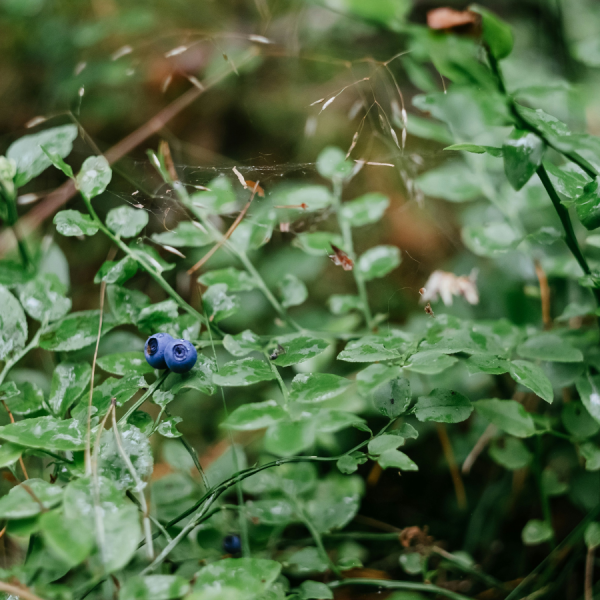
Jun 25, 2025
Warmer spots within fields have more blooms and more bees
Climate can vary across large areas of land, but it also can vary within much smaller areas such as farms. A new study by researchers at Penn State examined whether these microclimates — the climate of a very small or restricted area — affect pollination by both wild and managed bees and resulting wild blueberry yields.
Full Article
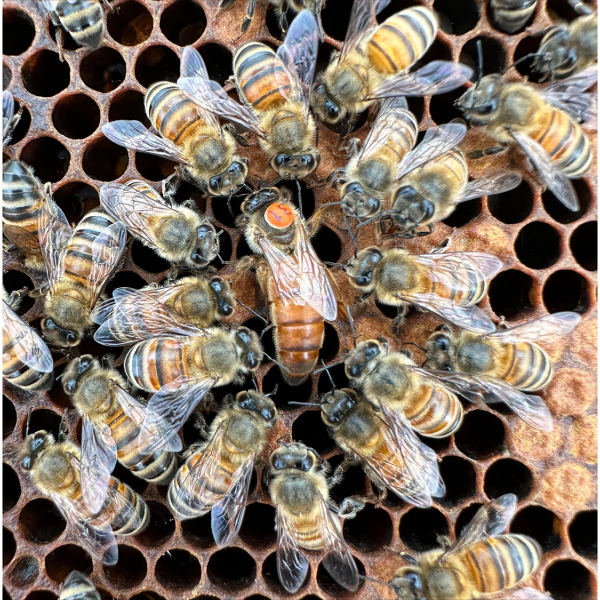
Jun 20, 2025
How a genetic tug-of-war decides the fate of a honey bee
Despite having identical genetic instructions, female honey bee larvae can develop into either long-lived reproductive queens or short-lived sterile workers who help rear their sisters rather than laying their own eggs. Now, an interdisciplinary team led by researchers at Penn State has uncovered the molecular mechanisms that control how the conflict between genes inherited from the father and the mother determine the larva’s fate.
Full Article
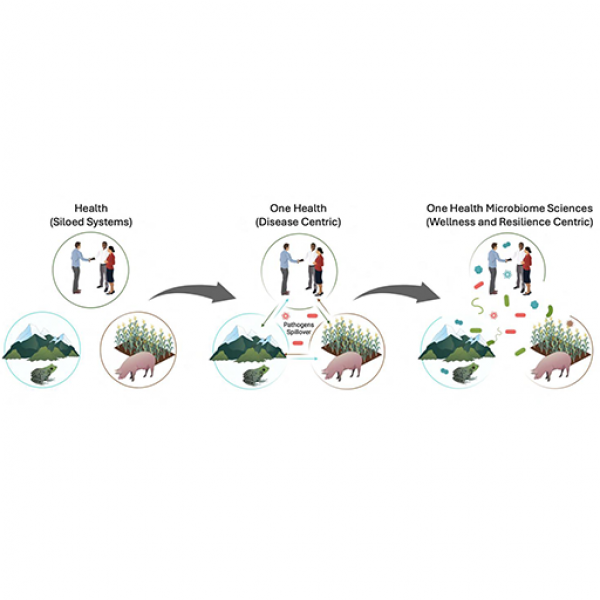
Jun 11, 2025
Q&A: Unifying the microbiome sciences for global health and sustainability
Recently, members of Penn State's One Health Microbiome Center published an article in the American Society for Microbiology’s flagship journal, mBio. In this Q&A, a few of the paper’s authors discussed how the center is leading the charge to breakdown traditional disciplinary silos and expand the One Health focus to include more than just pathogenic microbial threats.
Full Article

May 29, 2025
Biology professor, Huck associate operations director to retire
After a decade of service to the Huck Institutes of the Life Sciences and a distinguished academic career spanning four decades, James Marden, professor of biology and associate director of operations, will retire from Penn State at the end of June.
Full Article

May 14, 2025
Second round of Penn State-Auckland seed grant recipients complete projects
The 18-month term for the 2023-24 seed grant-funded projects recently concluded, with the teams submitting their final reports.
Full Article
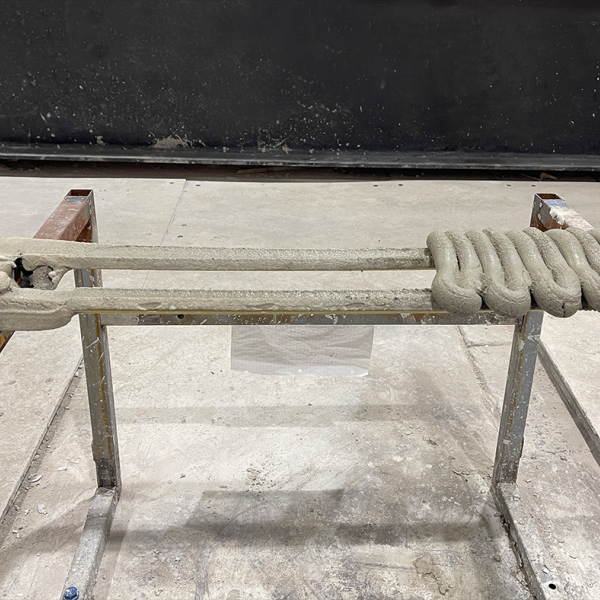
May 12, 2025
Manufacturing PA Innovation Program funds two Stuckeman-led research projects
Two projects led by Stuckeman School architecture researchers have garnered grants through the Pennsylvania Department of Community and Economic Development’s Manufacturing PA Innovation Program
Full Article
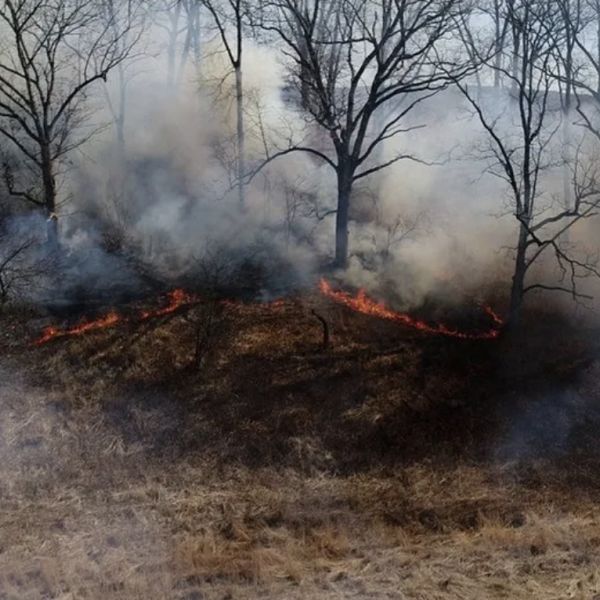
May 08, 2025
Cultural burning by Indigenous peoples increased oak in forests near settlements
New study shows fire-tolerant trees were more abundant around historic Native American villages in southern New England
Full Article

Apr 30, 2025
Celebrating James Marden: A Decade of Impact and a Lifetime of Achievement
After a decade of exceptional service to the Huck Institutes of the Life Sciences and a distinguished academic career spanning four decades, James Marden, professor of biology and associate director of operations, will retire from Penn State at the end of June 2025.
Full Article

Apr 24, 2025
Grozinger appointed to National Academies committee on insect declines
The National Academies of Sciences, Engineering, and Medicine recently appointed Christina Grozinger, Publius Vergilius Maro Professor of Entomology and director of the Huck Institutes of the Life Sciences at Penn State, to an 18-member study committee to examine the status of insects in North America.
Full Article
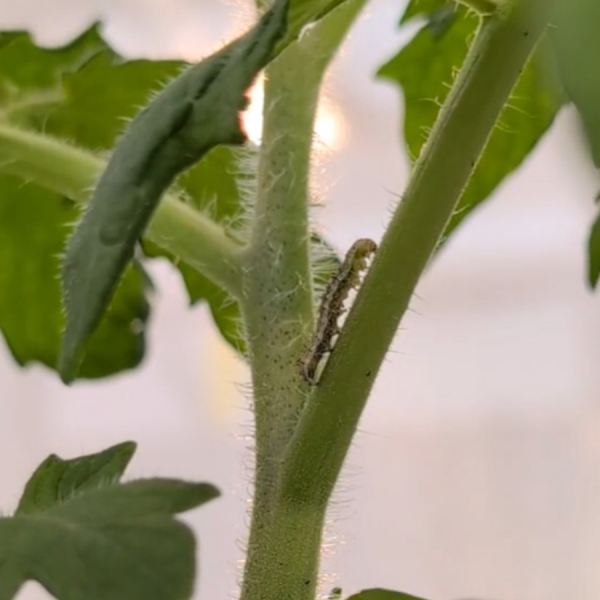
Apr 16, 2025
Feeling salty? Increased salt stress reduces tomato pest activity
Increased soil salinity can reduce damage from prominent tomato pests such as the tomato fruitworm, according to researchers at Penn State. They published their findings in the Journal of Plant, Cell and Environment.
Full Article